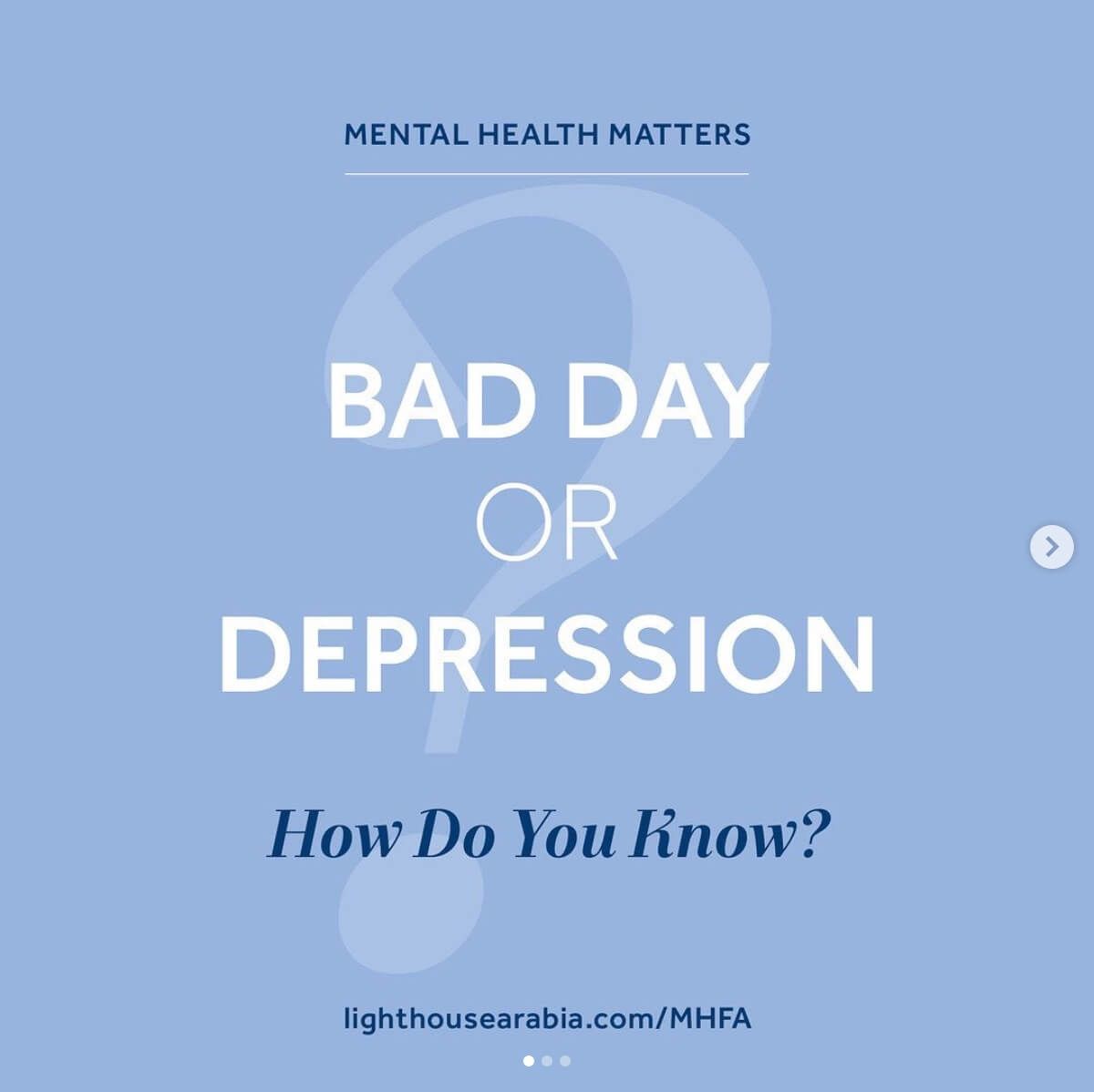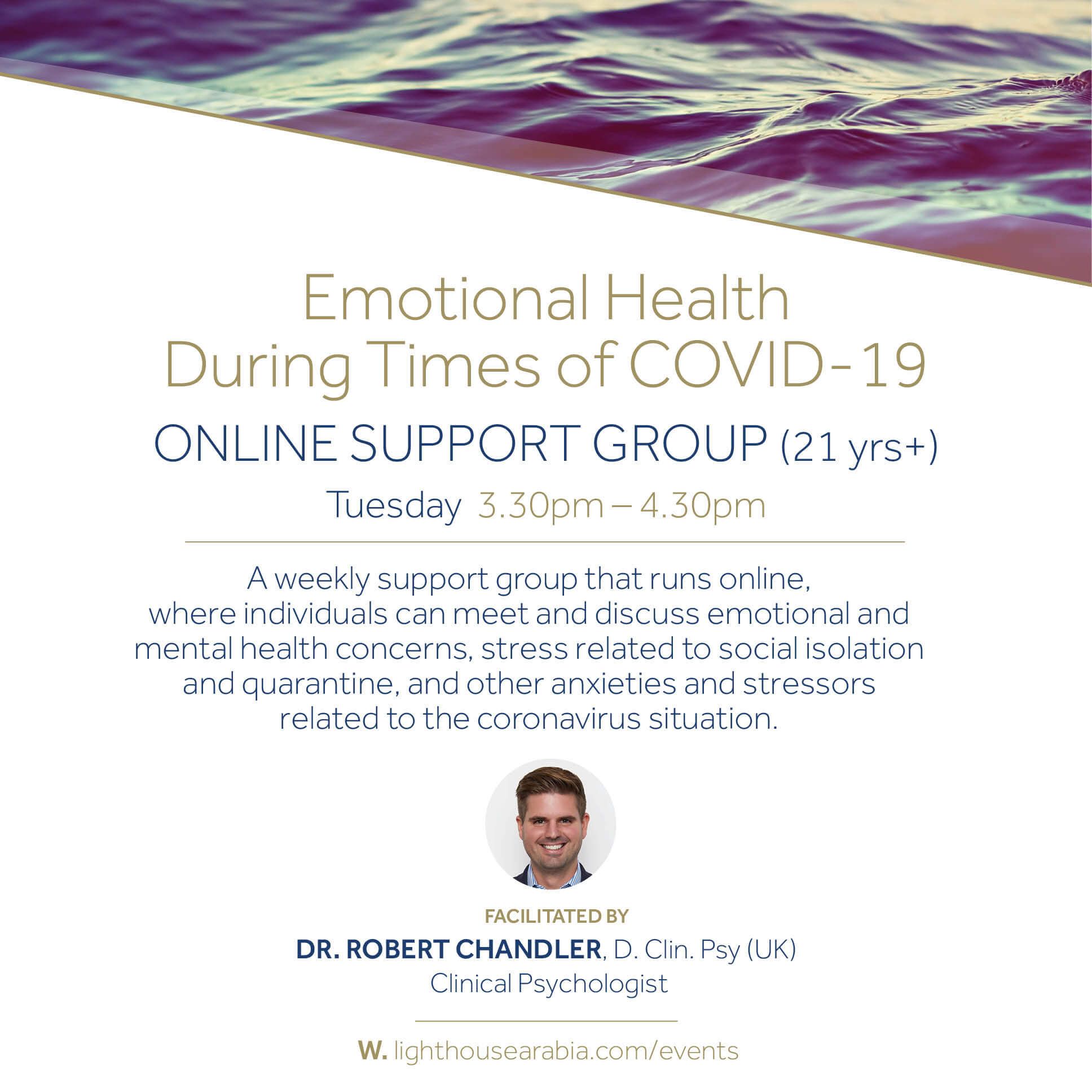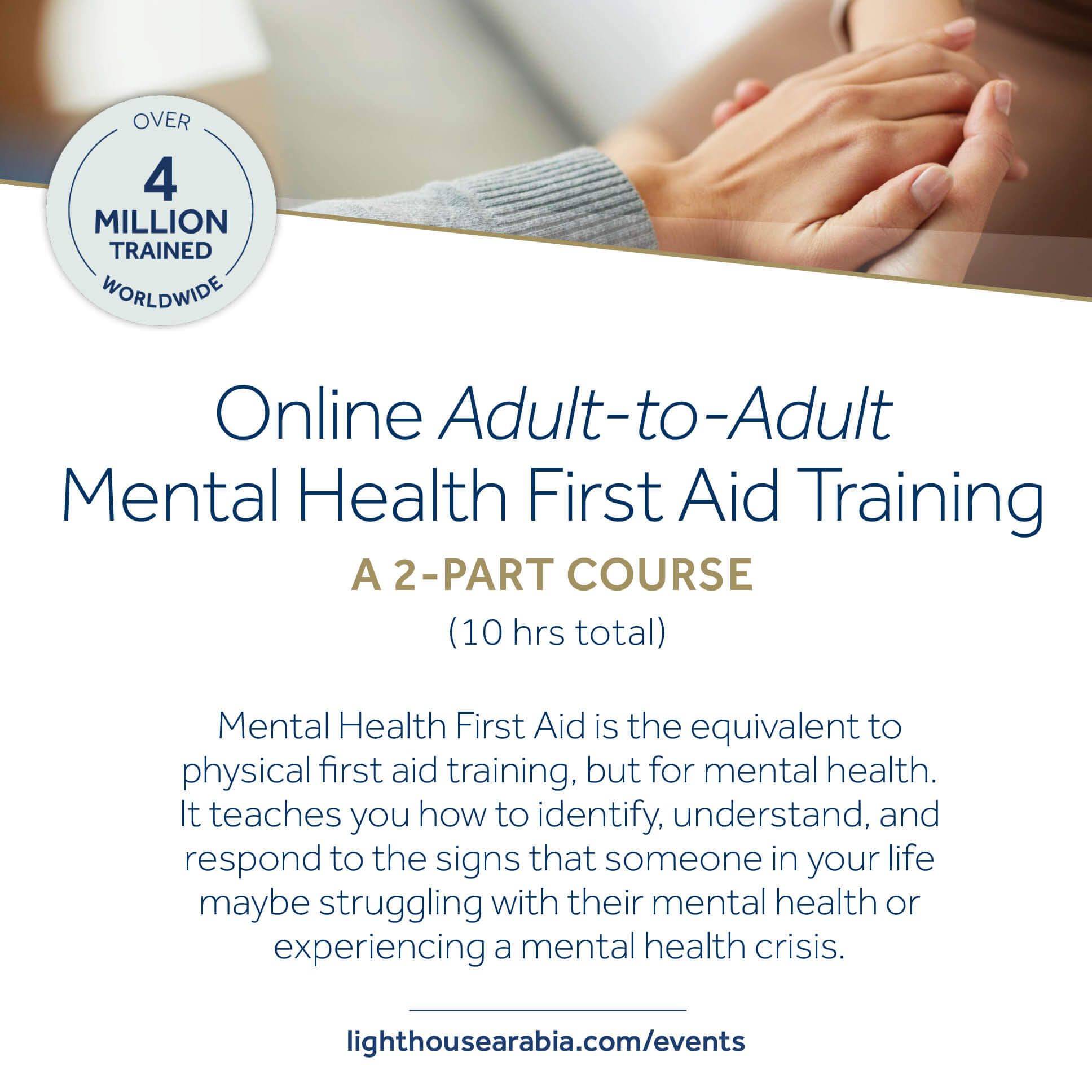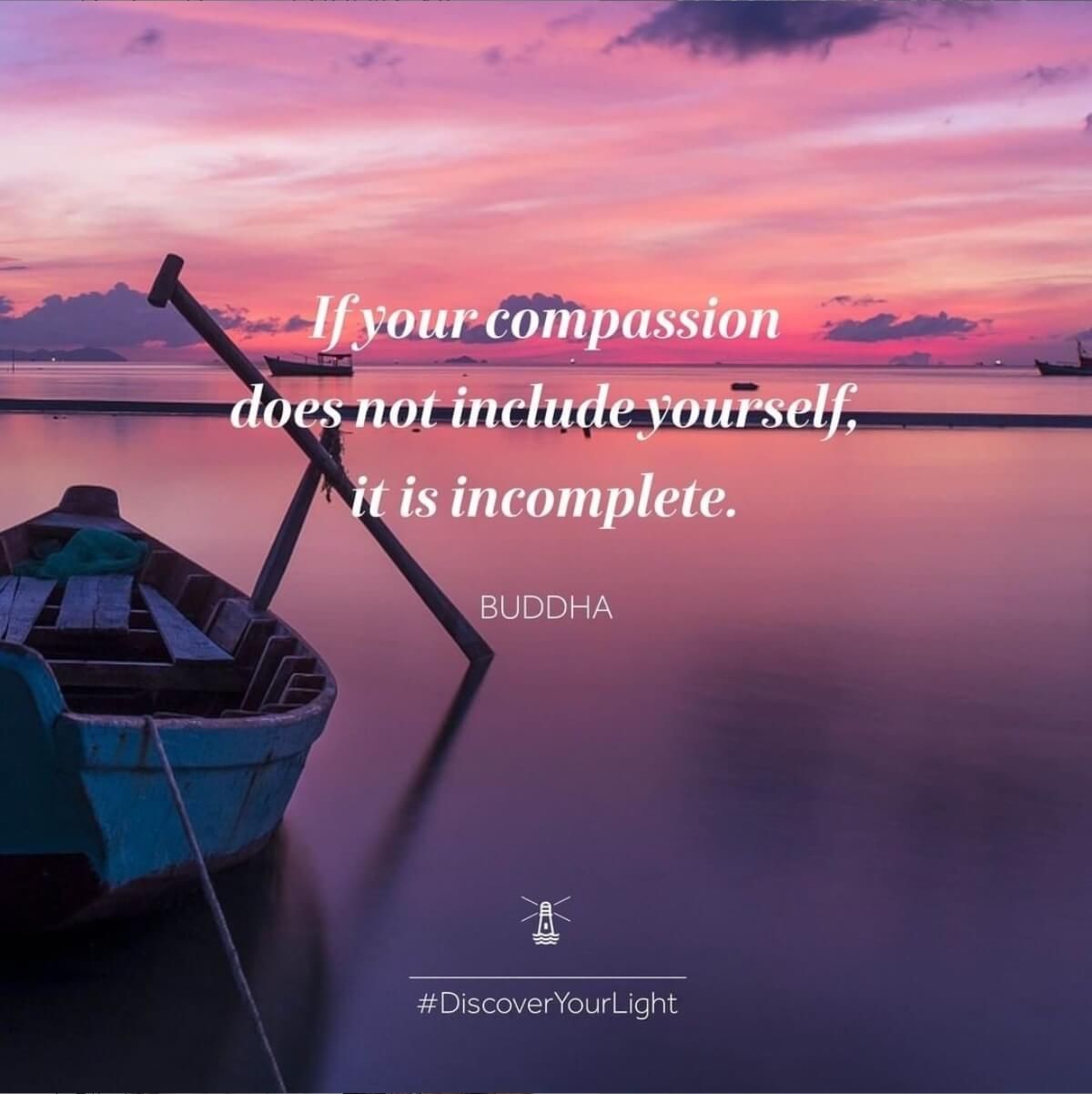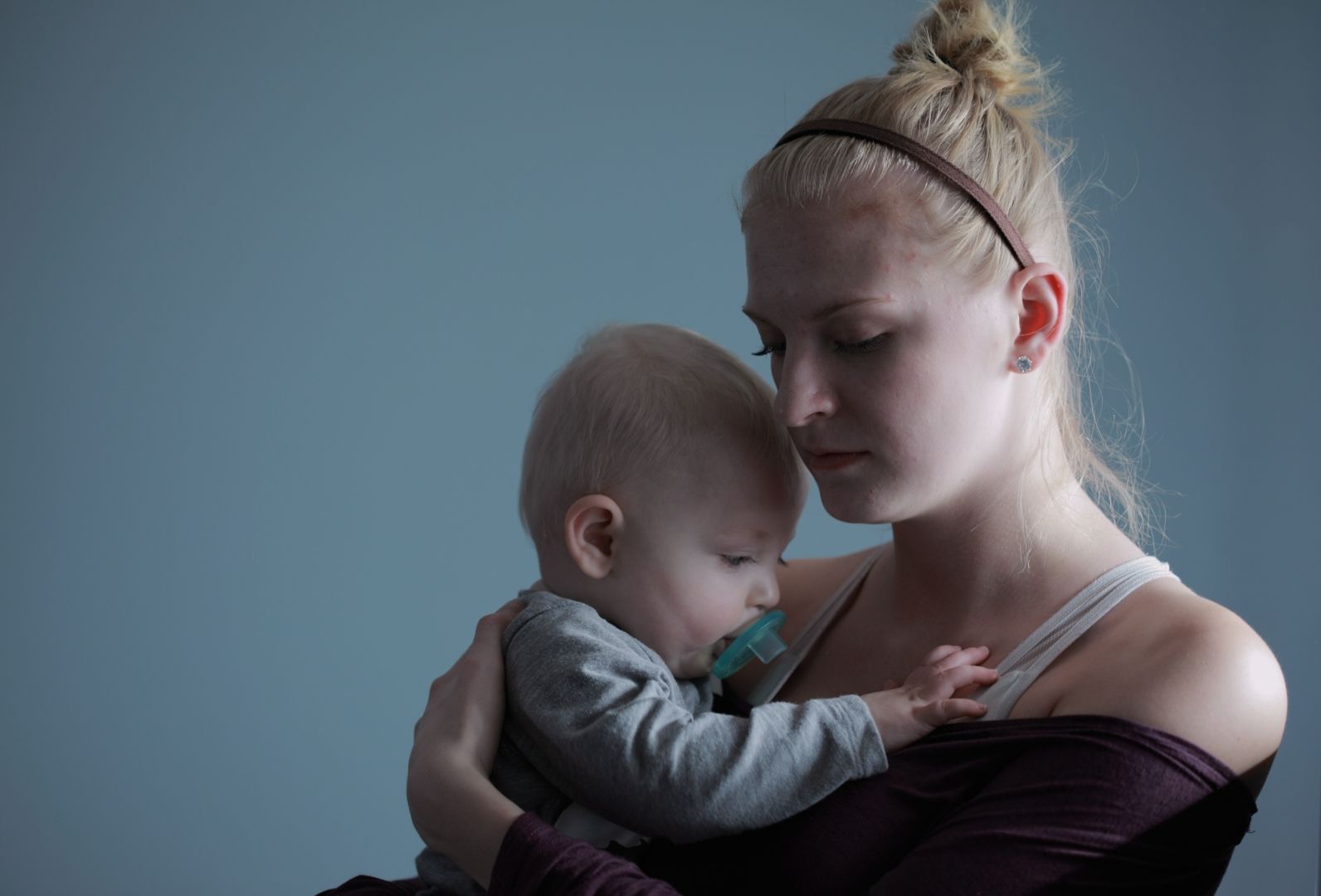
It is estimated that 1 in 5 new mothers will experience and develop a mental health condition during the post-partum phase of motherhood, ranging from depression and anxiety to more longer term physical or mental health difficulties. There are several factors that influence the likelihood of mother’s developing postpartum mental health challenges. This ranges from a lack of social support, relationship conflict, limited resources and unrealistic expectations on oneself, to stressful life experiences such as a traumatic birth or history of mental health conditions. The severity and timeframe of postpartum mental health conditions can vary from weeks to months, or longer if left untreated, however typically most women start to see improvements within 6 months following a combination of specialised mother-centred care, psychological support and medication, if appropriate.
Combining ancient eastern practices and modern western psychology, new mothers can learn how to prepare for postpartum in a trauma informed, body-focused and mother centred way. In her book ‘The Fourth Trimester’, Kimberly Ann Johnson, a Somatic Practitioner and Doula, discusses the five fundamental and universal needs of all new mothers during postpartum – extended rest, nourishing food, loving physical touch, wise emotional support and contact with nature.
Johnson places a huge importance on what is globally recognized as the ‘Sacred Window’ or ‘Golden Month’, where the 30 - 40 days after childbirth are recognized as a rite of passage and therefore wholeheartedly dedicated to ensuring mothers are nourished and nurtured back to health. During this time the 5 universal needs are prioritized to ensure the mothers needs are met intentionally. Research shows that a structured postpartum plan significantly reduces the development of postpartum depression, whilst enhancing maternal emotional wellbeing and promoting deeper co- regulation and attuning with the baby.
How to Prepare for Postpartum: A Guide to Building Your Support and Recovery Plan
- Create a Postpartum Sanctuary:
Prior to birth take time to prepare your postpartum care plan. Are loved ones able to cook for you, provide loving touch or take on additional responsibilities such as household chores or childcare? How will you rest and negotiate sleep? What do you need in your environment (candles, oils, music)? Can you contact nature? Create a list of glimmers that focus on the things that bring you joy and a sense of ease.
- Regulation Over Resilience: Nervous System First
Instead of pushing yourself to “be strong” or “bounce back”, focus on regulating your nervous system through gentle movements like swaying, walking or stretching. A dysregulated nervous system can mimic or exacerbate postpartum anxiety or depression. Limit unhelpful or unrealistic social media content during this time that fuel feelings of shame, judgemental or guilt.
- The Village is Your Nervous System: Know Your Tribe
The quality of your support system deeply affects postpartum recovery – motherhood is not supposed to be navigated in isolation. Collective nervous system regulation matters, so ensure you know who to call for safe attuned support, and do not hesitate to ask when you need a helping hand.
- Reclaim The Body: Slowly and Lovingly
The postpartum body can feel foreign – especially for women who have experienced trauma or body related disorders. Reclaim your body through slow reconnection, trust building and curiosity. Try somatic practices such as body-scans or gentle diaphragmatic breathing, with hands resting on heart and womb to foster connection to the body, staying compassionately curious about sensations or emotions that arise.
- Mother-Centred Support: You Come First
Prioritize your own mental and physical health needs by ensuring medical appointments, conversations and psychological support is centred around you. Use such opportunities to focus on your mental health and wellbeing, trusting that when you feel supported this will have a tremendously positive impact on your baby’s development.



